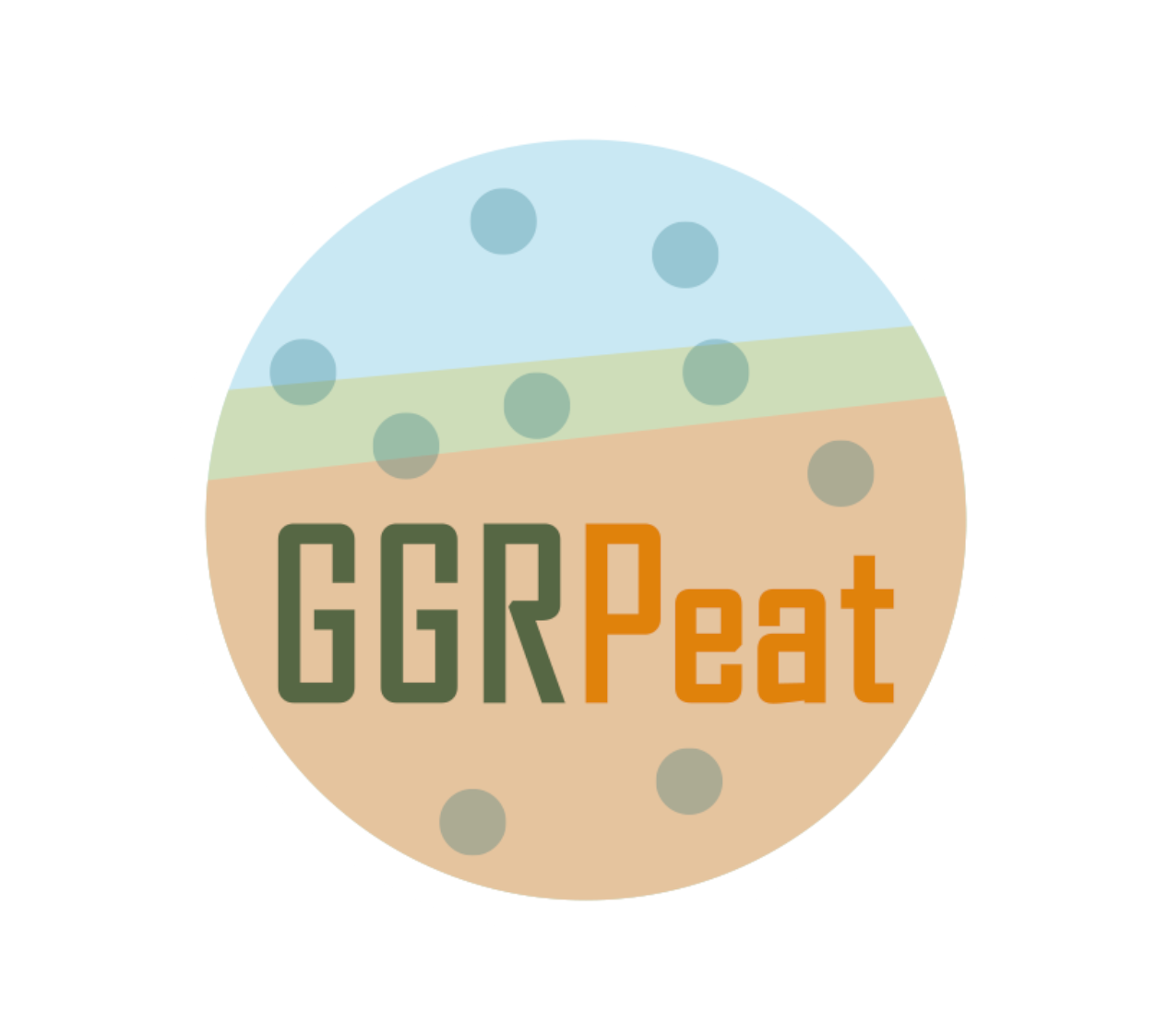Why peatlands?
Peatlands are carbon-rich wetlands which occupy 10% of UK land area. Peatland plants capture CO2 through photosynthesis. The acidic and waterlogged habitat of healthy, functioning peatlands mean that when plants die, they decompose extremely slowly and so store the carbon in the ground. Peatlands store more carbon than any other terrestrial ecosystem, and in the UK they store 3 billion tonnes of carbon. However, as a result of human disturbance our peatlands are drying out, and then decomposition restarts and so they are rapidly losing this carbon to the atmosphere. The project seeks to reverse this process, and to harness the natural ability of peatlands to act as efficient and long-term carbon sinks.
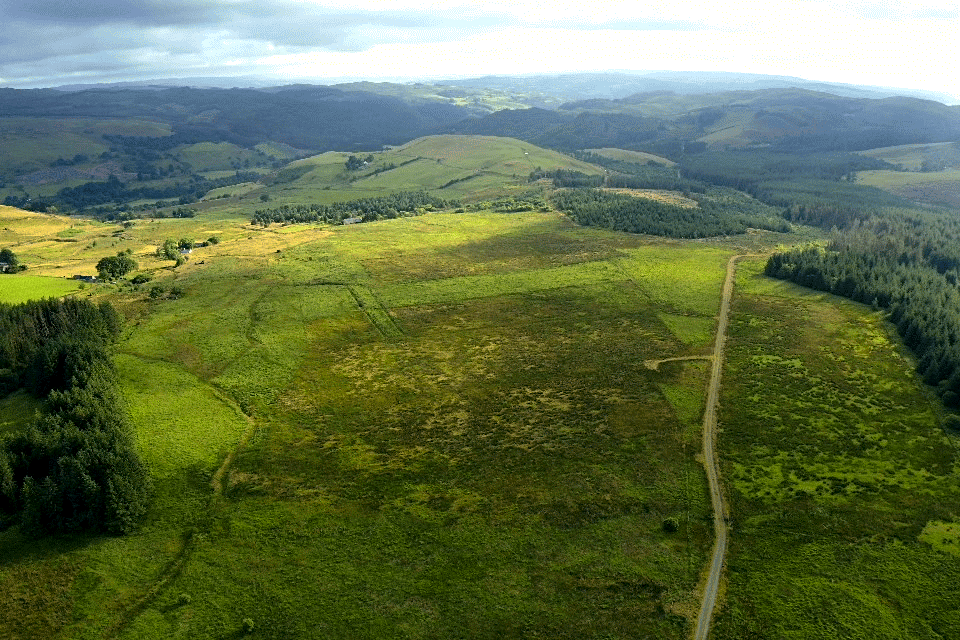
About GGR-Peat
The GGR-Peat project will work with natural processes to restore, and where possible enhance, the environmental conditions that lead to peat formation. Simultaneously it will develop innovative approaches to increase rates of CO2 uptake and store it securely for millennia. As part of this project, three experimental test locations will be established in representative lowland and upland peat settings: South Yorkshire, near Doncaster; land owned by the National Trust in the South Pennines; and the Pwllpeiran Upland Research Centre in the Cambrian Mountains of Wales.
Project lead: Professor Christopher Evans, UK Centre for Ecology & Hydrology.
Contact: info@ggrpeat.org
Research team: UK Centre for Ecology & Hydrology (lead), Aberystwyth, Aston, Bangor, Durham, East London and Manchester universities, Scotland’s Rural College (SRUC) and other project partners from government, NGOs and business.
Find out more about GGR-Peat.
Discover other GGR projects…
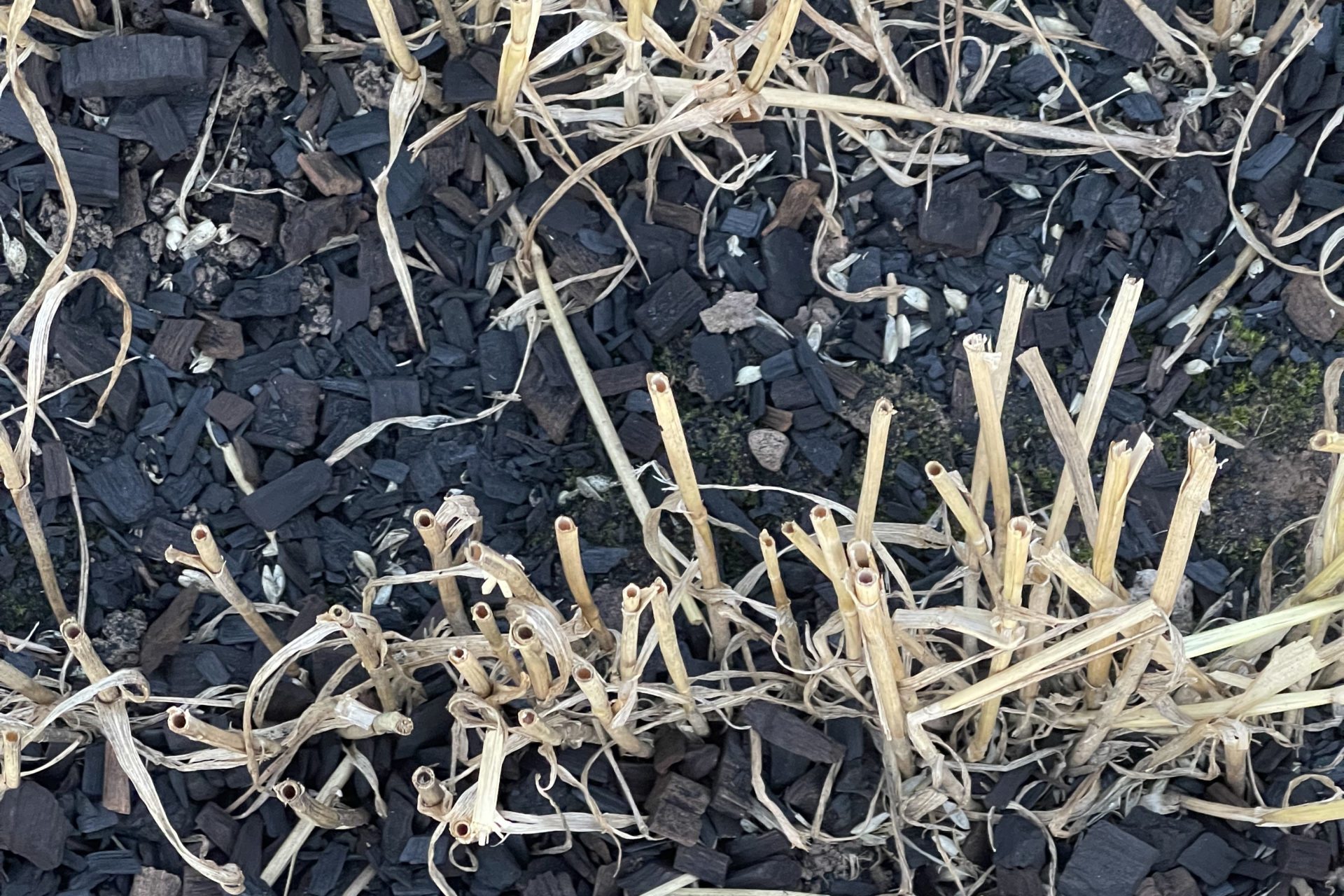
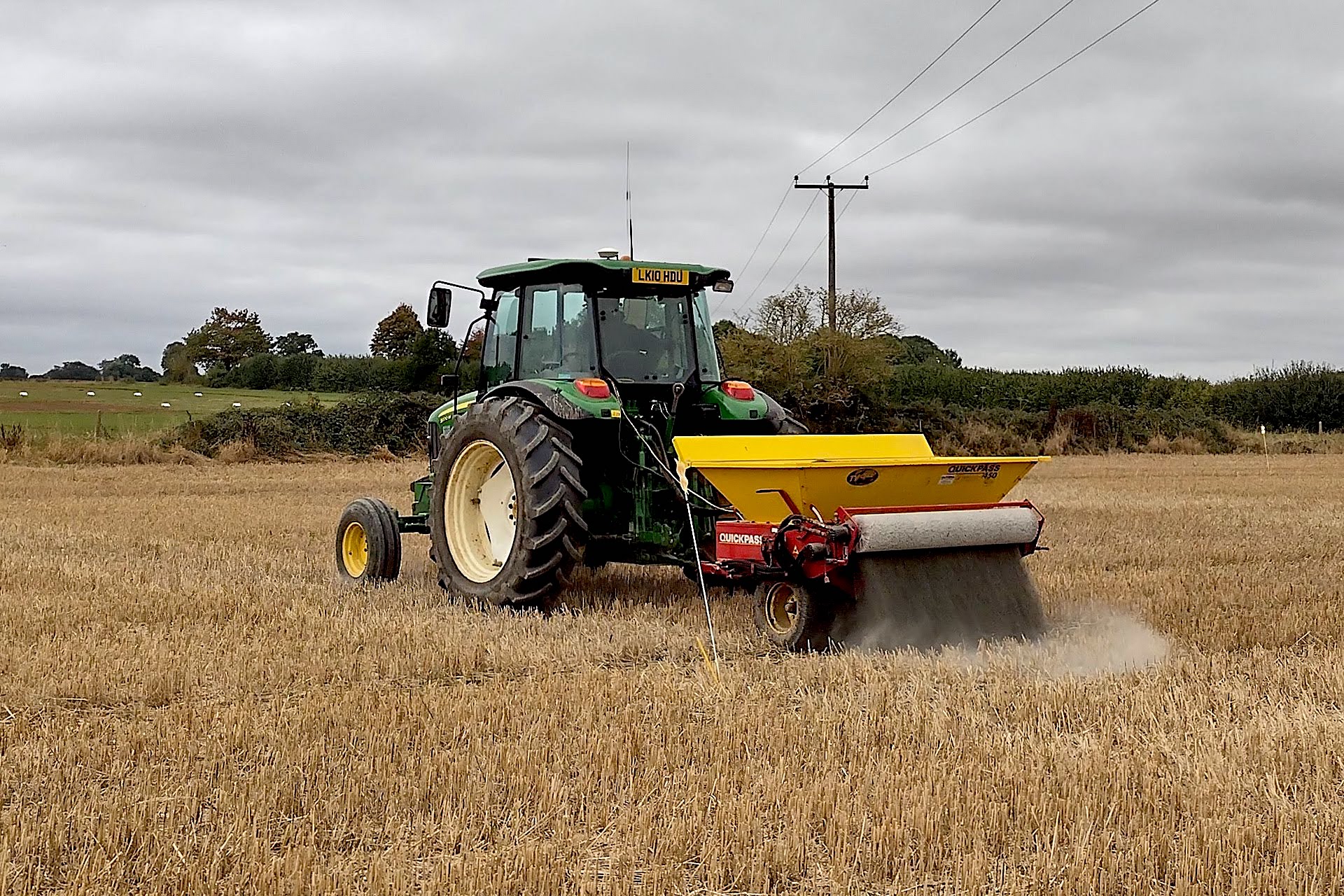
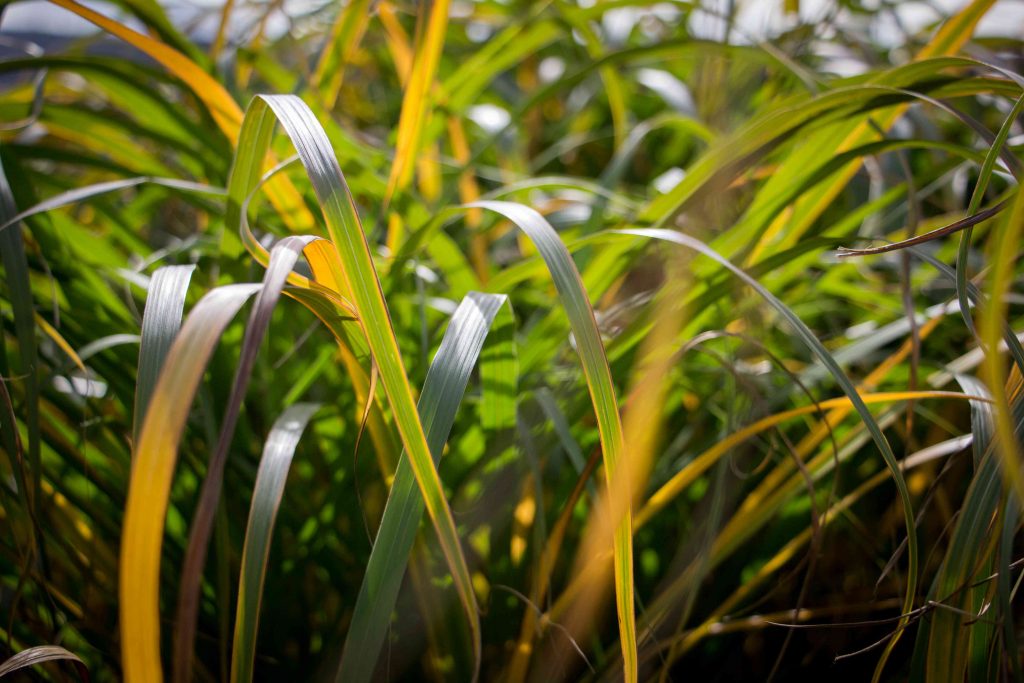
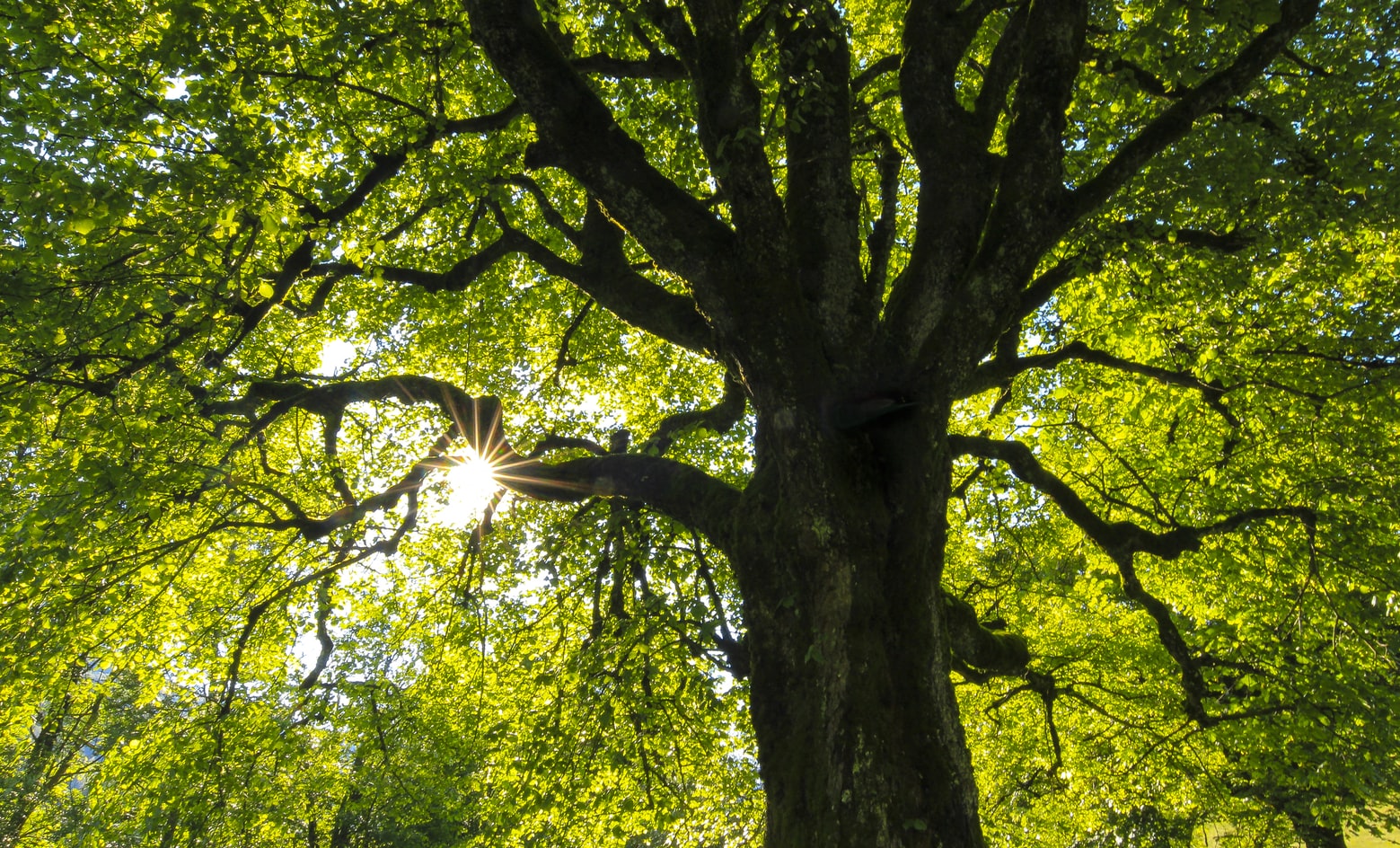
Biochar
The biochar project will address the uncertainties concerning the extent and scope of deployment of biochar, including its stability with respect to carbon sequestration, together with quantifying effects on soil health and ecosystem services, economic viability and social acceptability.
Enhanced rock weathering
The enhanced rock weathering project will explore amending soils with crushed calcium and magnesium rich silicate rocks from waste quarry fines to accelerate natural CO2 sequestration processes.
Perennial biomass crops
The perennial biomass crops (‘PBC4GGR’) project is investigating the potential for plants like willow and miscanthus to support BECCS in the UK.
